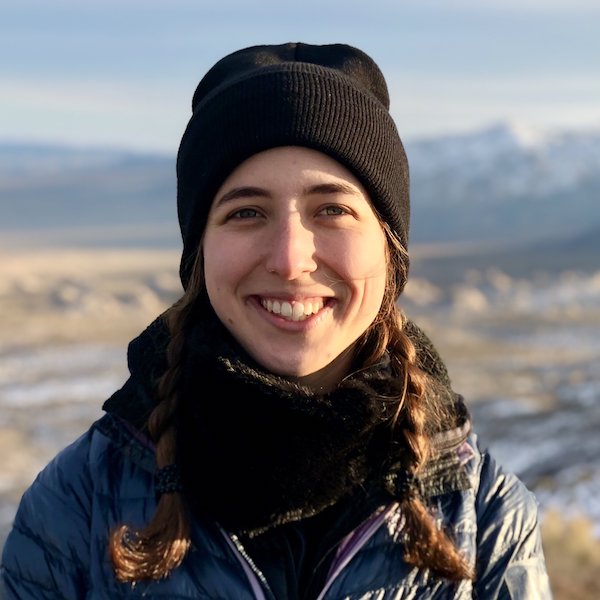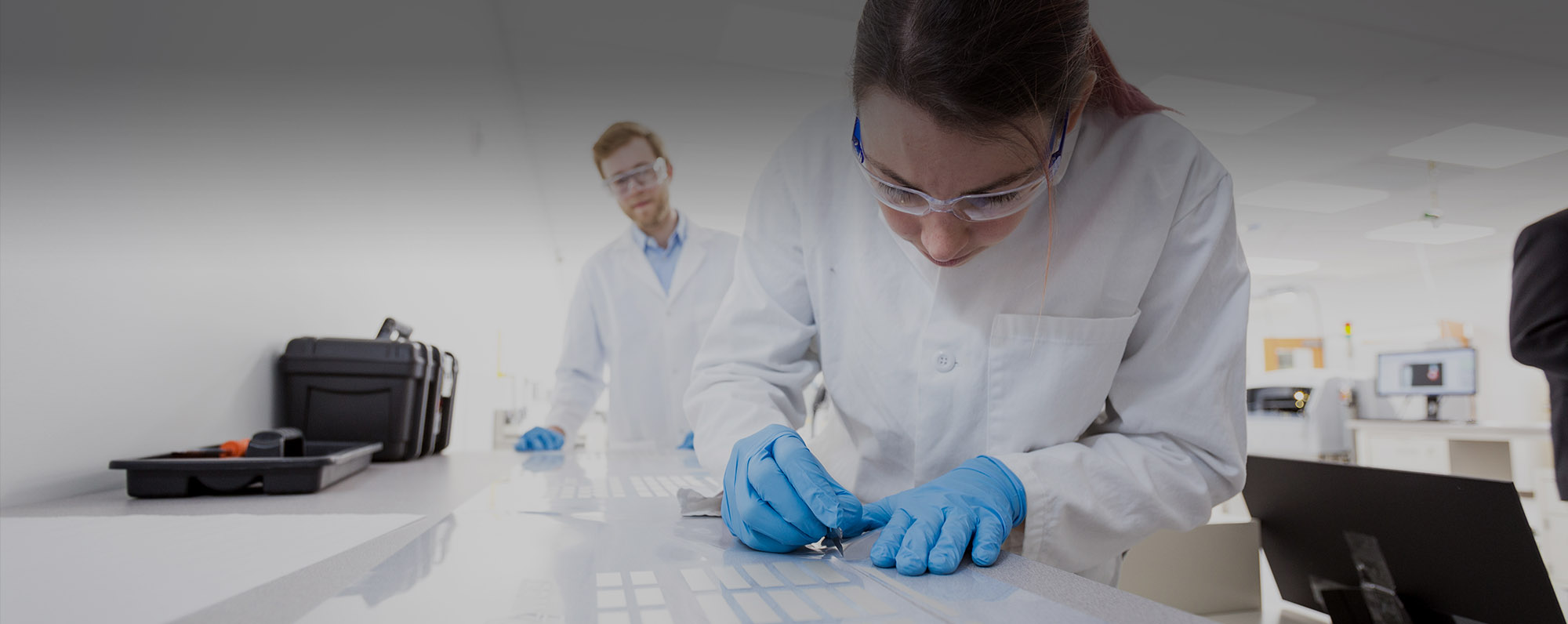
Dr. Rachel Woods-Robinson (she/her) is a senior staff scientist at the Washington Clean Energy Testbeds, where she focuses on embedding life-cycle assessment (LCA), systems thinking, and circularity into the development of emerging climate technologies, such as solar photovoltaics (PV) and batteries. At the Testbeds, she has established LCA services to help researchers and companies integrate sustainability and social well-being during design and throughout scale-up of their products. She holds a joint appointment at the National Renewable Energy Laboratory, where she is mentored by Alberta “Birdie” Carpenter, and also serves on the International Energy Agency’s PV Sustainability Task and the SETAC-ACLCA Working Group on LCA of Emerging Technologies.
Dr. Woods-Robinson joined the Testbeds in fall 2025 following her CEI Distinguished Postdoctoral Fellowship (hosted by David Ginger), during which she researched the environmental and human impacts of solar PV and other emerging climate technologies, leading her to develop and pilot an LCA platform in collaboration with industry and research partners. Her postdoc research spanned from the nanoscale, such as sustainable materials discovery of new crystals for renewable energy, to the terawatt scale, such as strategies to integrate recycled materials into global photovoltaic manufacturing.
Prior to joining the UW, Dr. Woods-Robinson was a postdoctoral scholar at Lawrence Berkeley National Laboratory, where she conducted computational research on semiconductor absorption processes and high-throughput screenings for solar energy. She received her Ph.D. in Applied Science and Technology with a focus on Materials Physics from the University of California-Berkeley in fall 2021, where she received a Chancellor’s Research Fellowship, an NSF Graduate Research Fellowship, and a Ross N. Tucker Award to combine computational and experimental techniques to design transparent contact materials for PV.
In addition to her work, Dr. Woods-Robinson aims to support scientists in sharing work accessibly and engaging collaboratively with communities, while sneaking in outdoor adventures whenever possible. She co-founded Cycle for Science, in which scientists go on bicycle tours and visit K-12 classes to teach hands-on lessons about sustainable materials. She also instructs Cycle the Rockies (though the Wild Rockies Field Institute), an immersive month-long course in which undergraduates ride bicycles across Montana to learn about local energy and climate impacts.



